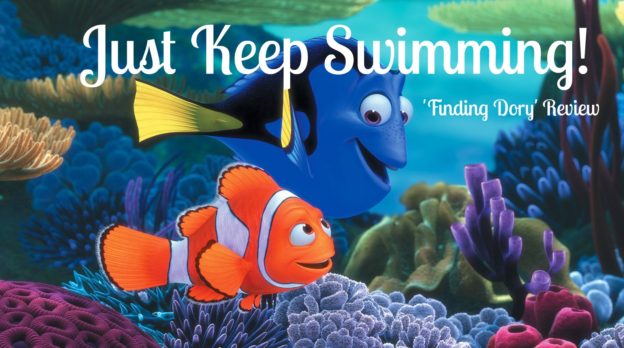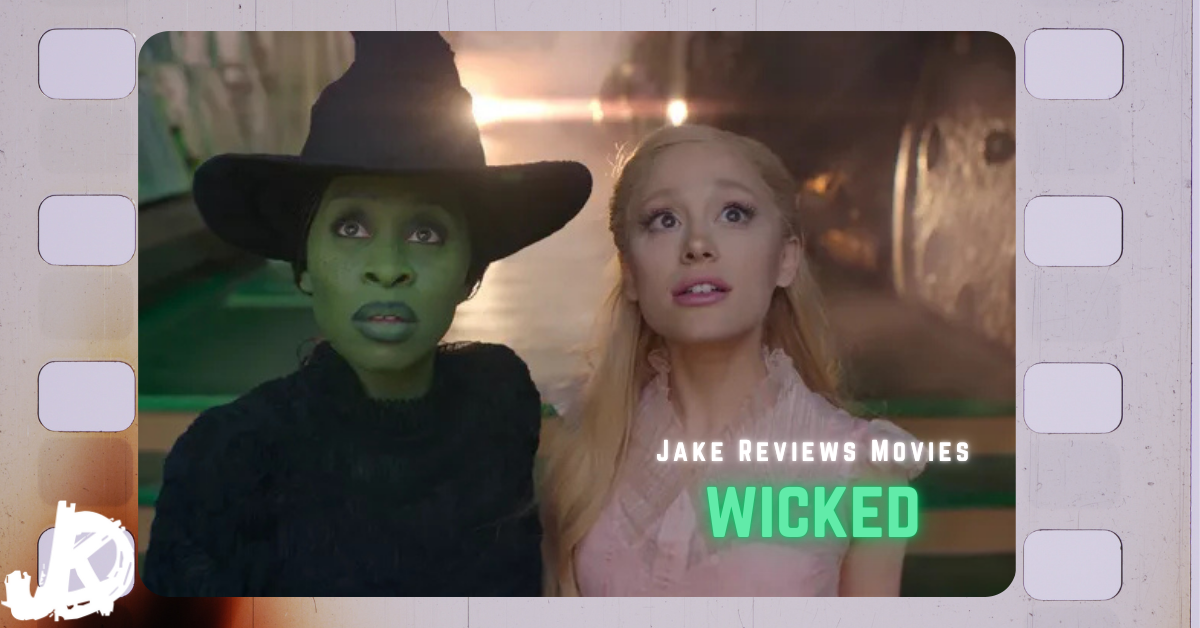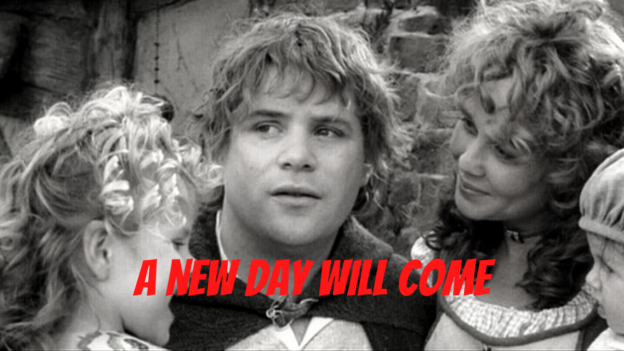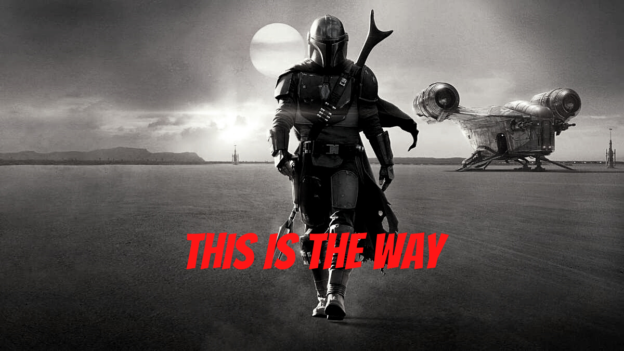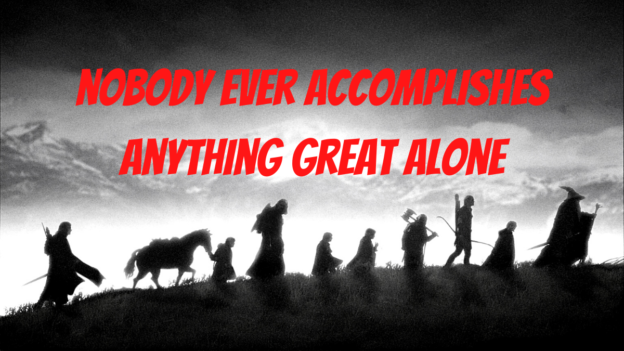Finding Nemo has always been my favorite Pixar movie. It is one of THE defining movies of my generation. By all rights, I should be offended that they decided to make a sequel at all. And yet after seeing Finding Dory the other day, I’m actually glad that they made one. Finding Dory doesn’t really work as a stand-alone film: in fact, the exposition of Dory’s backstory ties in directly to where Dory met Marlin. I wish they hadn’t explained away so much of Dory’s spontaneity. Yet as annoying as it was for Pixar to retcon so much of Finding Nemo it segwayed nicely into Dory’s conflict as the central protagonist.
Allow me to explain: Dory was born with short-term memory loss. Her parents helped her from a very young age to deal with it. Even after their traumatic separation, Dory still remembered enough (remember, there’s a difference between long and short-term memory) to get by. But after meeting Marlin and Nemo, Dory’s life has turned around. Having actual friends to keep an eye on her is helping her to thrive on her own.

But one day, an accident triggers Dory’s memories of her parents. Dory, Nemo, and Marlin make a trip across the Pacific Ocean to an American aquarium to find them and end up being separated on their search. The scenes are connected not so much by good timing as one hilarious twist after another as Marlin and Nemo try and fail to keep tabs on Dory and Dory tries to remember where she came from. The action-packed climax was not surprising but it was still incredibly funny: seriously that is the loudest and the hardest I have laughed in ages. I really miss the Aussie pelicans and seagulls. Pixar tries to make up for that with different tropes but the cuddly sea otters and cliquish sea lions aren’t the same. The sea turtles and Mr. Ray are back but they hardly get decent screen time.
There are a lot more humans, but none of them are as well-developed as the Dentist or Darla. The aquarium itself is not entirely a warning against animal captivity: the fish and other creatures seem to have created their own interesting world inside of it and seem to be mostly happy. It’s just that some events can be disturbing to watch from the perspective of the fish.

With Dory front and center, Finding Dory focuses on Dory’s psychological issues, trauma included, which actually makes this film darker in tone than its predecessor. Dory’s backstory gets peeled back just a little bit at a time. We see a little more clearly than in Finding Nemo that it is REALLY hard for Dory to get by without having friends close by to help her remember things. Winding up alone just before the buildup to the climax is the darkest and saddest part of the film. Finding Dory speaks volumes about how much people with mental/emotional disabilities need help. We can do plenty on our own, but it’s good to have friends to help us keep our bases covered. Dory knows she’s not perfect but she can also do anything she sets her mind to, and it’s inspiring to watch her work.
Thankfully at the aquarium, Dory has a lot of friends who remember her. Destiny the whale shark actually thinks she’s a whale, but in the final cut of the film her identity isn’t really a big deal and in fact she’s a likeable character. Hank the Octopus is amazing. He is the ninja octopus action hero we deserve. His cynicism bothers Dory but she never lets him under her skin. Bailey the beluga whale starts out as a little raincloud of pessimism, but when he puts his echolocation to use he’s almost as entertaining as Luis in Ant-Man. I could watch a whole movie with Hank doing ninja octopus shenanigans with Bailey narrating.

Marlin and Nemo’s father-son relationship takes a backseat, but they both still get a decent amount of development as they attempt to help Dory in her search. Nemo is still a cute baby fish and he has lots of faith in Dory’s dream. Marlin, however, is 100% done from the outset. There’s a moment near the beginning of the film where he nearly breaks the fourth wall as he asks Dory if crossing the ocean once was enough for her. Marlin finally agrees to go along, but he is constantly second-guessing both his son and his friend. Is Dory really mentally competent enough to accomplish her goal? Can he and Nemo really keep up with her and, once more, defy the odds of separation?
(Also, that post-credit scene: really, Pixar? They’re still in the bags?)
Finding Dory is a stunning tribute to the original. It’s definitely the kind of film that will lift your spirits from watching it. Dory is a protagonist who can both swim with her own fins and at the same time keep friends–and family–close beside her.
(Also, quick note, the traditional short ‘Piper’? Some of Pixar’s best and most realistic animation yet, and a very endearing story. DO NOT MISS.)

